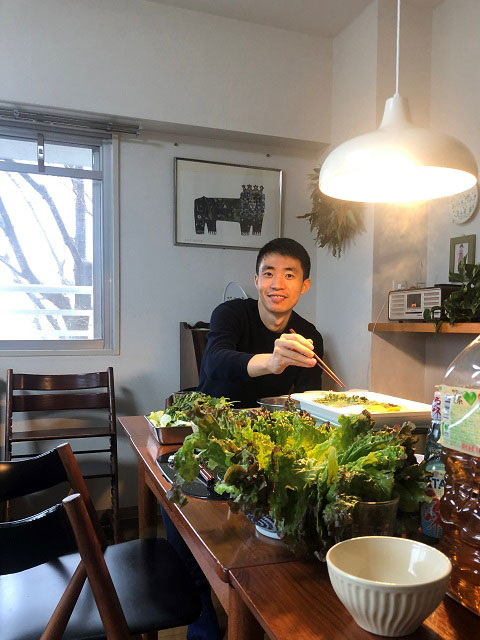
JDPSR is an inclusive joint research program that accepts students from different countries and those with various backgrounds
Name: Chuangbin CHEN (joined Tokyo University of Agriculture and Technology in 2019)
Nationality: China
Research Interest: Food Safety
Why did you choose the Joint Doctoral Program for Sustainability Research (JDPSR) ?
My undergraduate major was food science and engineering. While studying undergraduate, I realized that improving food processing technology alone would not comprehensively solve China’s food safety issues. I thought that the potential influential factors of food safety issues also depended on inadequate social infrastructure. With the aim of contributing to the improvement of food safety issues in China, I applied for the master course at TUAT to learn the advanced sociological solutions in Japan. However, after completing a two-year program, I found myself developing a keen interest in taking the research further with in-depth analysis, and seeking the opportunity to interact with excellent researchers worldwide. Therefore, I decided to participate in the doctoral program and deepen my research because I want to become a researcher who can play an active role internationally in the field of food safety.There are three reasons why I eventually chose JDPSR. First, JDPSR is a joint sustainable research program based on the globally concerned 17 Sustainable Development Goals (SDGs) adopted by the United Nations in 2015. I was motivated to integrate the SDGs into my research. Second, studying at JDPSR, we can get advice from multiple perspectives under the guidance of three professors of TUFS, TUAT, and UEC from the different research fields, and we can obtain various suggestions by discussing with other professors and doctoral students during the classes. Third, JDPSR provides a valuable opportunity for students to experience an internship at an international organization such as FAO.
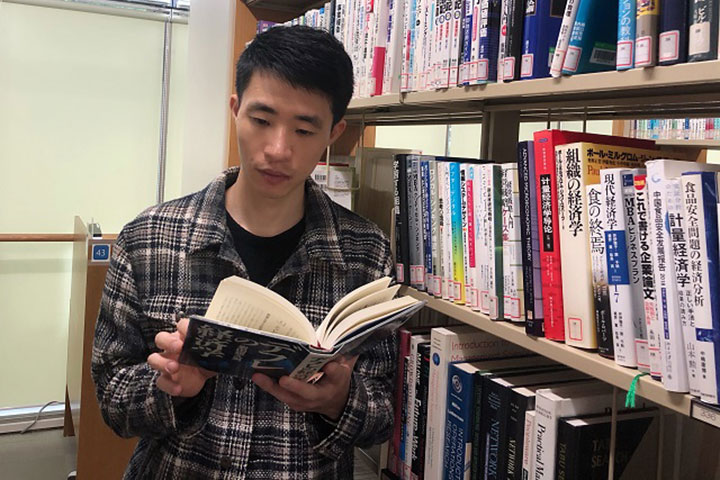
At the TUAT Library
Tell us about your research topic. Also, tell us why it is important from the viewpoint of sustainability.
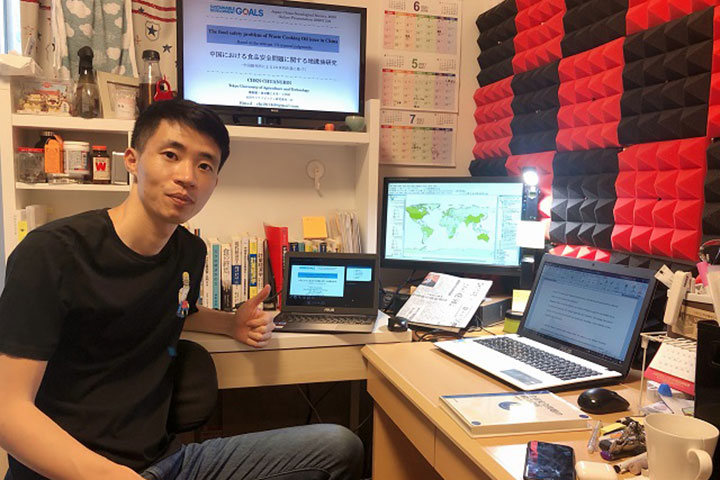
Doing the research in my home during the COVID-19 crisis
You are one of the international students with various backgrounds.
Tell us the study environment of JDPSR from your international point of view.
As one of the first international student enrolled in JDPSR, I am grateful that I was chosen to share my views on our program. JDPSR is an inclusive joint research program that accepts students from different countries and those with various backgrounds, helping enhance their potential research capabilities with the sustainability perspectives. Studying at JDPSR, we can receive various innovative suggestions from multicultural professors. This is because most professors have research experiences abroad, so they are open-minded and friendly in instructing international students. The most attractive environment for JDPSR is the curriculum. All the students take the same classes in the first year, and they are able to directly contact all professors in JDPSR for advice. Then, in the second and third years, students can focus on their research.
What is your goal, or a dream, in the future after completing the doctoral degree ?
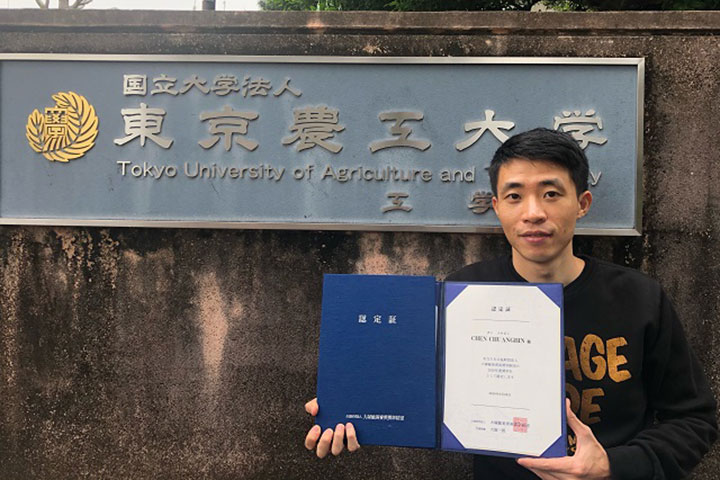
Winning the Otsuka Toshimi Scholarship
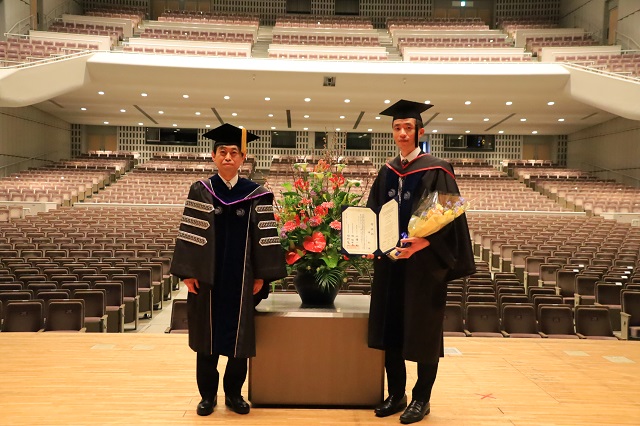
Chuangbin Chen received his doctoral degree in March 2022.
Here is the message to prospective students;
The pathway to obtaining a doctoral degree is so challenging; however, after overcoming all the obstacles you encounter in this Ph.D. journey, you will be grateful to have enrolled in our JDPSR program, because it is an innovative and inclusive sustainable development research major. All professors here are specialized and kind to help you address all your problems with their enthusiasm, and please believe that where there is a will, there is a way.

